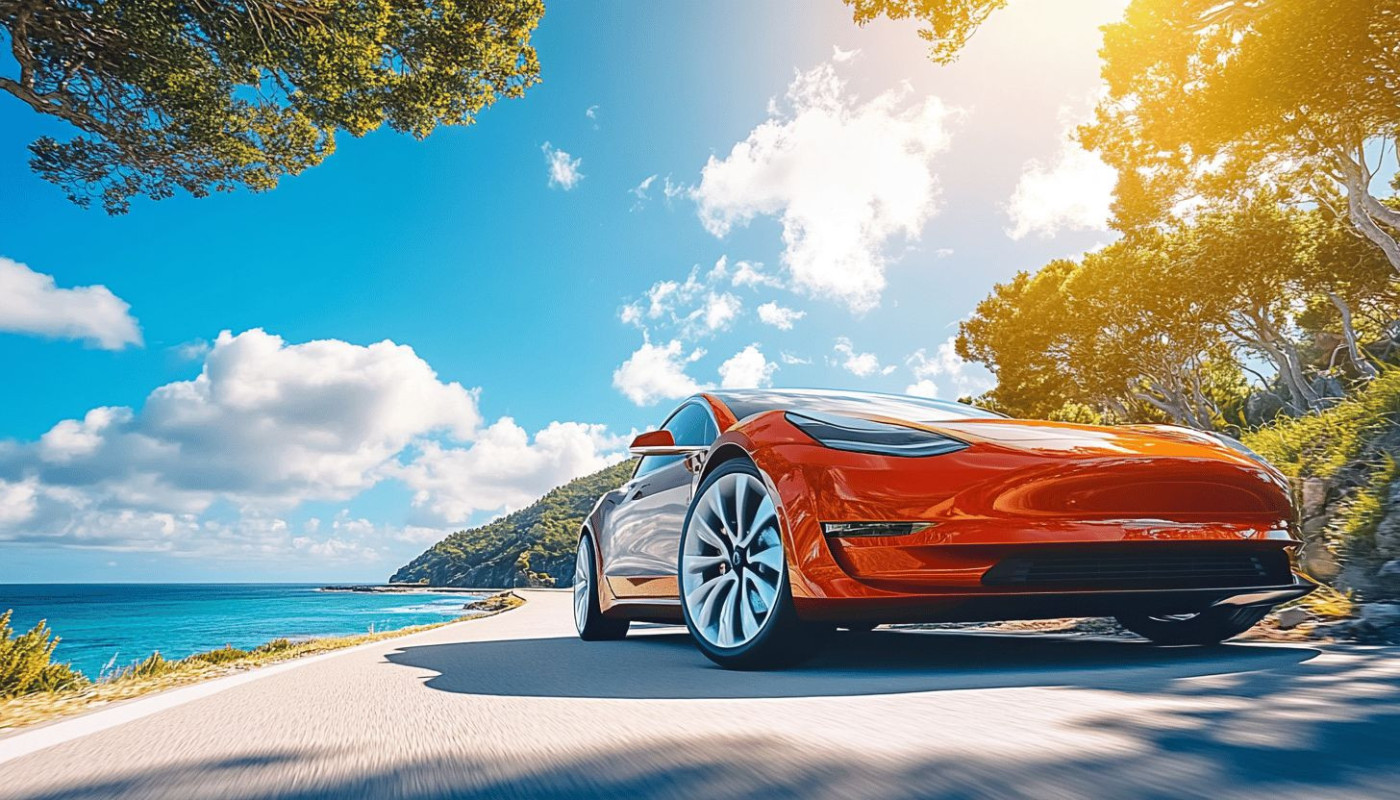Table of contents
As environmental concerns continue to shape modern lifestyles, more individuals are seeking sustainable solutions for their daily commute. The transition towards eco-friendly private transport options is not only reshaping urban mobility but also encouraging innovation across the industry. Discover how these green alternatives are redefining convenience, efficiency, and environmental responsibility in the paragraphs that follow.
Driving forces behind the shift
Mounting environmental awareness has played a defining role in propelling the adoption of eco-friendly transport. As the adverse effects of pollution and resource depletion become widely recognized, both individuals and communities are seeking sustainable mobility solutions to mitigate their carbon footprint. At the same time, governments around the world are implementing stricter regulations and incentives to support climate action, such as emissions standards, congestion charges, and subsidies for green commute alternatives like electric vehicles and cycling infrastructure. These policies are designed not only to reduce emissions but also to drive innovation within the private transport sector.
Changing consumer values are equally influential, with an increasing share of the public prioritizing sustainability in purchasing and lifestyle decisions. The frequent exposure to extreme weather events and tangible impacts of climate change has heightened the urgency for rapid transitions in personal mobility choices. This shift is evident in the growing demand for vehicles with lower emissions and the popularity of ride-sharing services that emphasize eco-friendly practices. As climate change becomes a visible, everyday concern, the movement towards sustainable mobility is reinforced on every front, making eco-friendly transport options both a preferred and, often, a necessary aspect of modern life.
Innovations shaping green mobility
Recent advancements in green technology are redefining the landscape of clean transportation, with a strong emphasis on energy efficiency and sustainability. Electric vehicles (EVs) now benefit from high-capacity batteries and fast-charging systems, allowing for greater range and reduced charging times. The introduction of ultralight materials such as carbon fiber composites and advanced aluminum alloys further reduces vehicle weight, which translates to lower energy consumption and improved performance. In sustainable travel, renewable energy integration plays a pivotal role; solar panels and wind-generated electricity are increasingly used to power EV charging infrastructure, making the entire transport ecosystem more environmentally responsible. Automotive design also prioritizes aerodynamic efficiency and regenerative braking systems, ensuring that every aspect of modern vehicles contributes to a cleaner, greener future for private mobility.
Challenges to wide-scale adoption
Adoption barriers remain a notable concern in achieving greater market penetration for eco-friendly vehicles and clean mobility solutions. Infrastructure gaps, such as insufficient charging stations and limited support for alternative fuels, restrict the effective use of sustainable transport options outside major urban centers. Cost barriers also persist, as many consumers perceive the initial purchase price and maintenance expenses of eco-friendly vehicles to be higher compared to their conventional counterparts, which can slow down market acceptance. Consumer hesitancy is heightened by concerns over vehicle range, resale value, and the relatively slow pace of technological advancements in some sectors.
Sustainable transport challenges are further compounded by the need for coordinated policy support and incentives to create a more favorable environment for eco-friendly adoption. Widespread deployment demands not only investment in infrastructure but also public awareness campaigns and financial incentives to shift perceptions and encourage clean mobility choices. For those seeking practical steps towards more sustainable travel, private chauffeur services that incorporate eco-friendly vehicles, such as those highlighted on Our site, can serve as a transitional solution while broader adoption continues to evolve within the market.
Role of public policy and incentives
Government action plays a pivotal role in steering the transition to eco-friendly private transport through a robust regulatory framework, targeted policy incentives, and forward-thinking urban planning. By introducing green transport subsidies, such as tax breaks or direct grants for electric vehicle purchases, authorities make eco-mobility options financially accessible to a wider public. Cities that redesign infrastructure to prioritize cycling lanes, public charging stations, and low-emission zones have witnessed measurable shifts in travel habits, as urban planning encourages consumers to opt for sustainable alternatives. In places like Norway, comprehensive green transport subsidies coupled with toll exemptions and free parking for electric vehicles have dramatically increased EV adoption rates, demonstrating the power of sustainable incentives in influencing consumer decisions. Across the globe, these policy interventions not only lower the economic barriers to clean transportation but also reshape the social landscape, making eco-friendly choices both practical and appealing for everyday commuters.
Future prospects of private mobility
The future of transport is on the brink of transformation, as sustainable mobility trends rapidly influence the landscape of private transportation. Innovations such as electric vehicles, hydrogen-powered cars, and advanced battery technologies are paving the way for green innovation, making eco-friendly choices more accessible and desirable. Smart mobility solutions, including autonomous shuttles and intelligent ride-sharing apps, are expected to optimize traffic flows and reduce emissions, while smart grid integration promises seamless charging and energy management for electric vehicles. These advancements signal a shift towards a more interconnected and responsive infrastructure, with real-time data enabling adaptive transport networks that prioritize efficiency and environmental responsibility.
Societal impacts of these changes are likely to be significant, as individuals gain greater autonomy over their travel choices and urban environments experience improvements in air quality and noise reduction. The ongoing focus on sustainable mobility trends may encourage urban planners to redesign cities with multi-modal transport in mind, promoting active travel and reducing congestion. In sum, the combination of emerging technologies, a commitment to green innovation, and smart grid integration is set to redefine private transportation, offering not only cleaner options but also smarter, more resilient mobility systems for the years ahead.
On the same subject

Maximize Your Travel Experience With Early Booking Benefits

Exploring The Balance Between Cultural Immersion And Ethical Tourism?

Why is Luxotica the best private driver company in Monaco ?

Complete Guide On Obtaining A Social Security Number As An Expatriate

The Most Popular Tourist Sites in the World

The Most Famous Monuments in the World

Some of the Most Visited Countries in the World

France's Most Visited Tourist Cities

